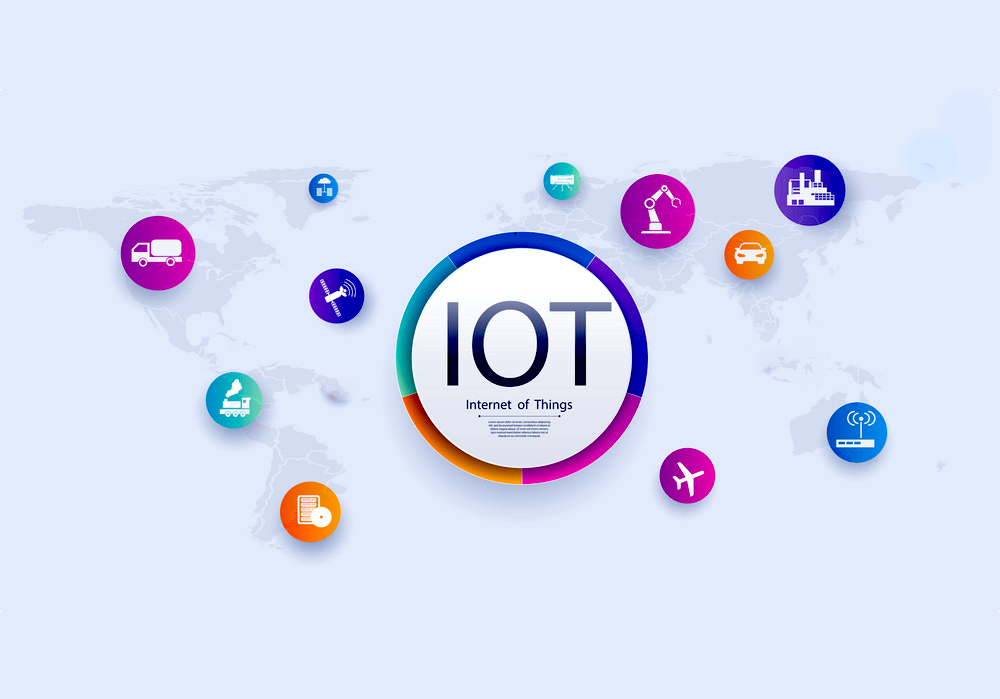IoT and Cloud computing
IoT (Internet of Things) and cloud computing are two interrelated technologies that are transforming the way we connect and interact with the world around us
Internet of things

IoT refers to a network of physical devices, vehicles, home appliances, and other objects embedded with sensors, software, and connectivity capabilities that enable them to collect and exchange data over the internet. IoT devices generate vast amounts of data that can be analyzed and used to improve efficiency, productivity, and decision-making across various industries
- Connectivity: IoT devices must be connected to the internet to communicate with each other and send data to the cloud for analysis
- Sensors and actuators: IoT devices are equipped with sensors to collect data from the environment, and actuators to control and interact with it
- Data analytics: The large amounts of data generated by IoT devices must be processed and analyzed to extract insights and actionable information
- Security: IoT devices and networks are vulnerable to cyber attacks, and must be secured through encryption, authentication, and access control
cloud computing
Cloud computing, on the other hand, refers to the delivery of computing resources, including servers, storage, databases, software, and analytics, over the internet on a pay-per-use basis. Cloud computing provides a flexible, scalable, and cost-effective way to store, process, and analyze the massive amounts of data generated by IoT devices.

- On-demand self-service: Cloud computing resources such as computing power, storage, and applications can be easily and quickly provisioned and de-provisioned by users without requiring any interaction with service providers
- Broad network access: Cloud computing resources are accessible over the internet from a variety of devices and platforms
- Rapid elasticity: Cloud computing resources can be easily scaled up or down based on demand, allowing users to only pay for the resources they actually use.
- Deployment models: Cloud computing provides a range of deployment models, including Public Cloud, Private Cloud, Hybrid Cloud, and Multi-Cloud
